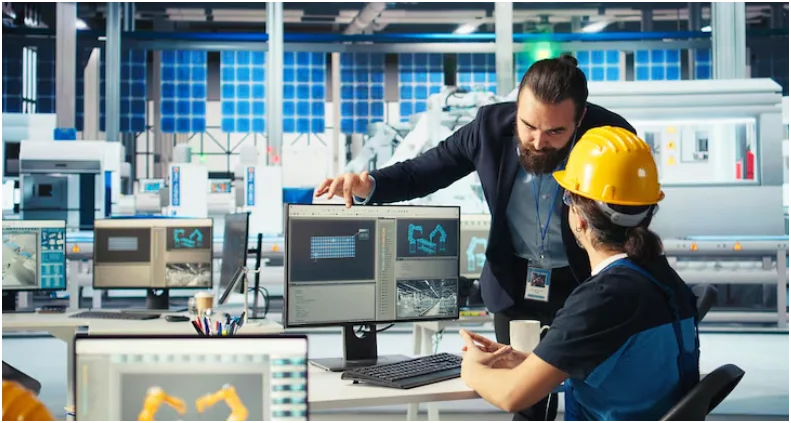When your equipment’s performance is on the line, the components powering it are just as critical as the machinery itself. Choosing the right engineered system isn’t simply about finding a part that fits; it’s about investing in a solution that guarantees reliability, efficiency, and longevity. An off-the-shelf product might seem like a quick fix, but a custom-engineered system is designed to meet your exact specifications, ensuring every component works in perfect harmony.
This guide will explore the essentials of engineered systems, explaining what they are and why they are vital for your equipment’s success. We will cover the key considerations when selecting a system, the benefits of custom solutions, and how to partner with the right manufacturer to create a system that elevates your equipment’s performance. By understanding these elements, you can make an informed decision that enhances your product’s value and dependability.
What Are Engineered Systems?
Engineered systems are comprehensive solutions designed and built to perform a specific function within a larger piece of equipment or process. Unlike standard, mass-produced parts, these systems are developed through a detailed engineering process that considers the unique demands of the application. This often involves integrating various components—such as compressors, motors, controls, and enclosures—into a single, cohesive unit.
The primary goal of an engineered system is to provide a “plug-and-play” solution that simplifies installation and guarantees performance. Instead of sourcing individual parts and assembling them on-site, you receive a fully tested and validated package ready for integration. This approach not only saves time but also eliminates the risks associated with component incompatibility and assembly errors.
For example, a medical device might require a compact, quiet, and highly reliable source of compressed air. An engineered system would integrate the right compressor, motor, and vibration-dampening technology within a custom-sized enclosure to meet these precise needs.
Why Customization Matters
The “one-size-fits-all” approach rarely works for specialized industrial and commercial equipment. Every application has its own set of challenges, whether it’s space limitations, harsh operating environments, or specific performance metrics. Customization allows you to address these challenges head-on.
Key benefits of custom-engineered systems include:
- Optimized Performance: Systems designed for your specific application will operate more efficiently, consuming less energy and delivering the exact output required. This means no wasted power and no compromises on performance.
- Enhanced Reliability: When components are selected to work together and withstand your specific operating conditions, the entire system becomes more robust. This leads to less downtime, fewer maintenance issues, and a longer operational lifespan for your equipment.
- Perfect Fit and Integration: Custom systems are built to your dimensional specifications, ensuring they fit seamlessly into your equipment’s design. This eliminates the need for costly modifications during assembly and can lead to more compact and streamlined final products.
- Simplified Supply Chain: Working with a single provider for a complete engineered system streamlines your procurement process. You have one point of contact, one purchase order, and one partner responsible for the entire subsystem’s quality and delivery.
Partnering with the Right Manufacturer
Choosing the right partner is crucial for developing a successful engineered system. Look for a company with a proven track record in both component manufacturing and system integration. The ideal partner will work as an extension of your own engineering team, providing expertise and support from the initial concept to final production.
When evaluating potential partners, such as OEM compressor manufacturers, consider their design capabilities, manufacturing quality, and testing processes. A good manufacturer will offer:
- Collaborative Design Process: They should take the time to understand your application, challenges, and goals. They will use this information to propose a system design that meets your technical and commercial requirements.
- In-House Expertise: A strong partner will have a team of engineers with deep knowledge in areas like fluid dynamics, thermodynamics, and electrical controls. This expertise is vital for designing an efficient and reliable system.
- Rigorous Testing and Validation: Before any system ships, it should undergo thorough testing to verify its performance, safety, and durability. Ask potential partners about their quality control and testing protocols to ensure you receive a product that meets the highest standards.
Unlock Your Equipment’s Potential
Investing in a custom-engineered system is an investment in your product’s quality, reliability, and reputation. By moving beyond standard components and embracing tailored solutions, you can deliver superior performance that sets your equipment apart from the competition. Take the time to identify your specific needs and find a manufacturing partner who can help you design and build a system that powers your success. The result will be a more efficient, durable, and competitive product that delivers lasting value to your customers.


